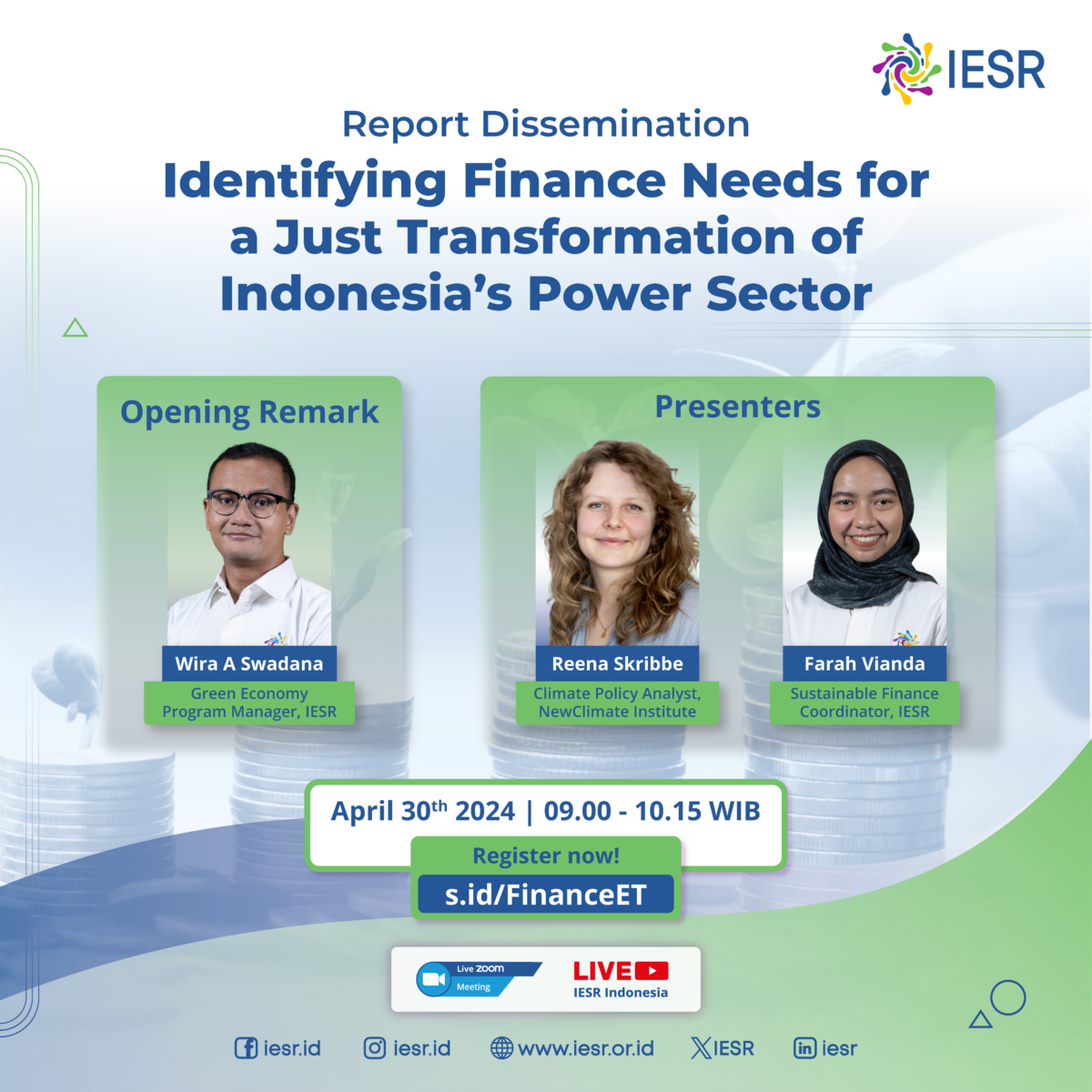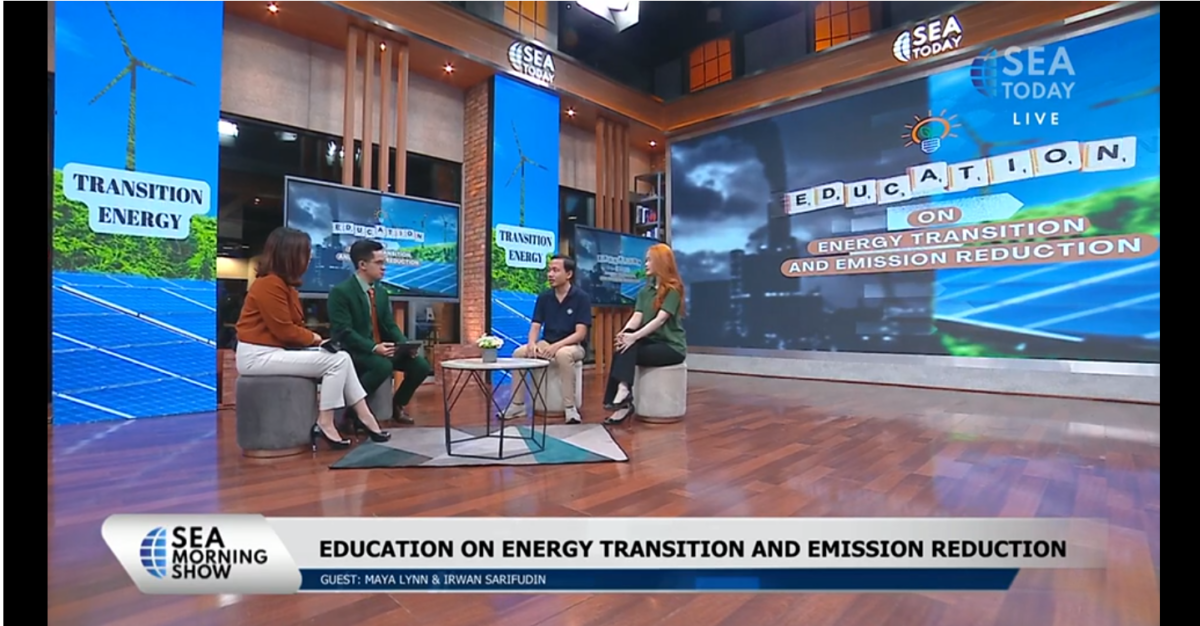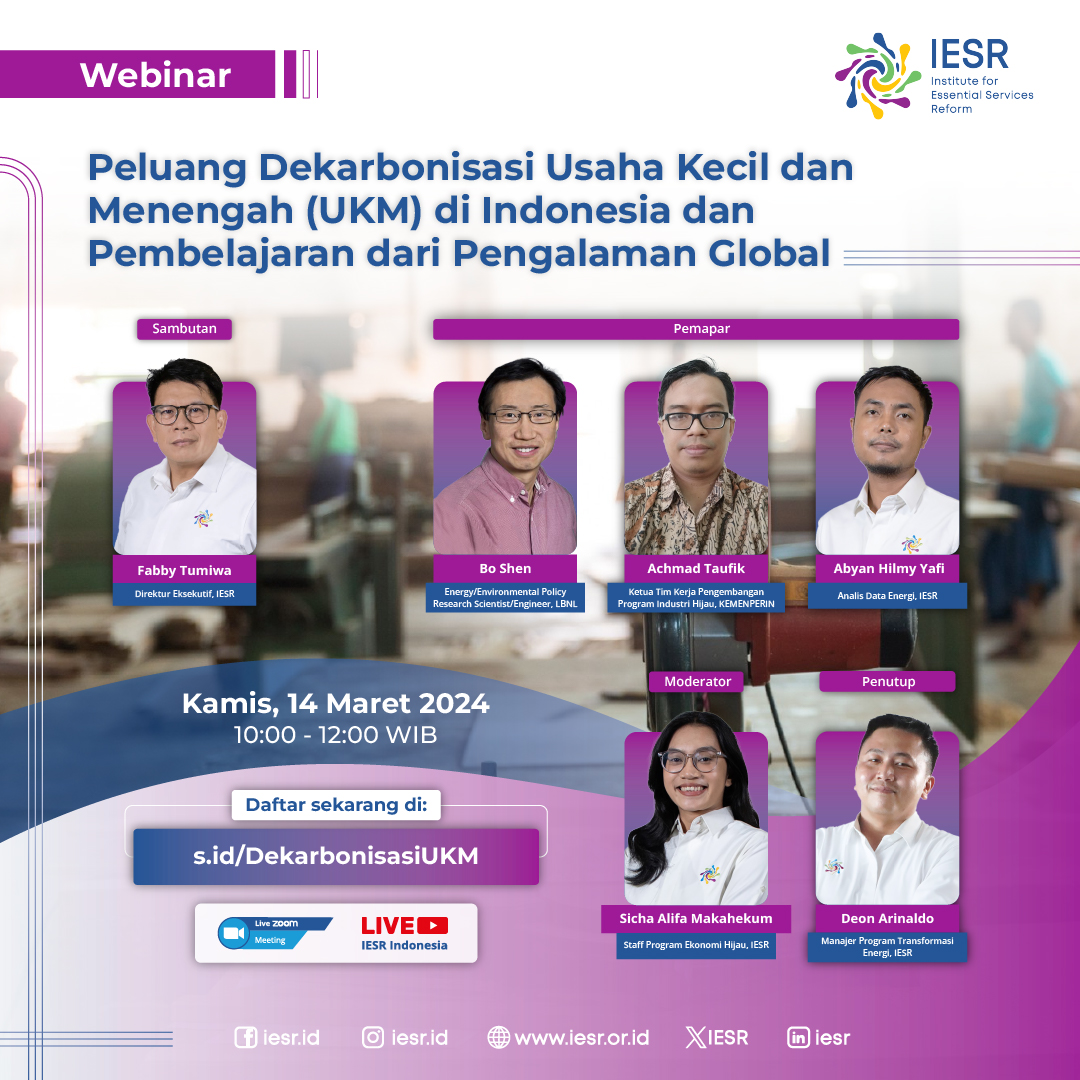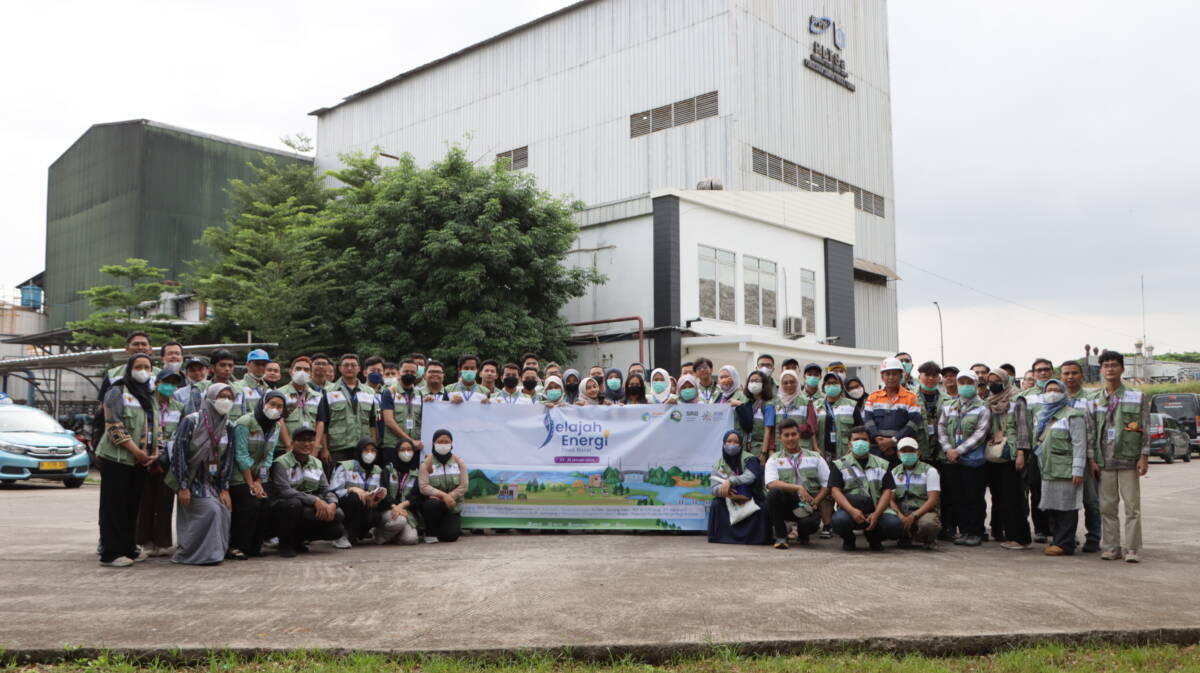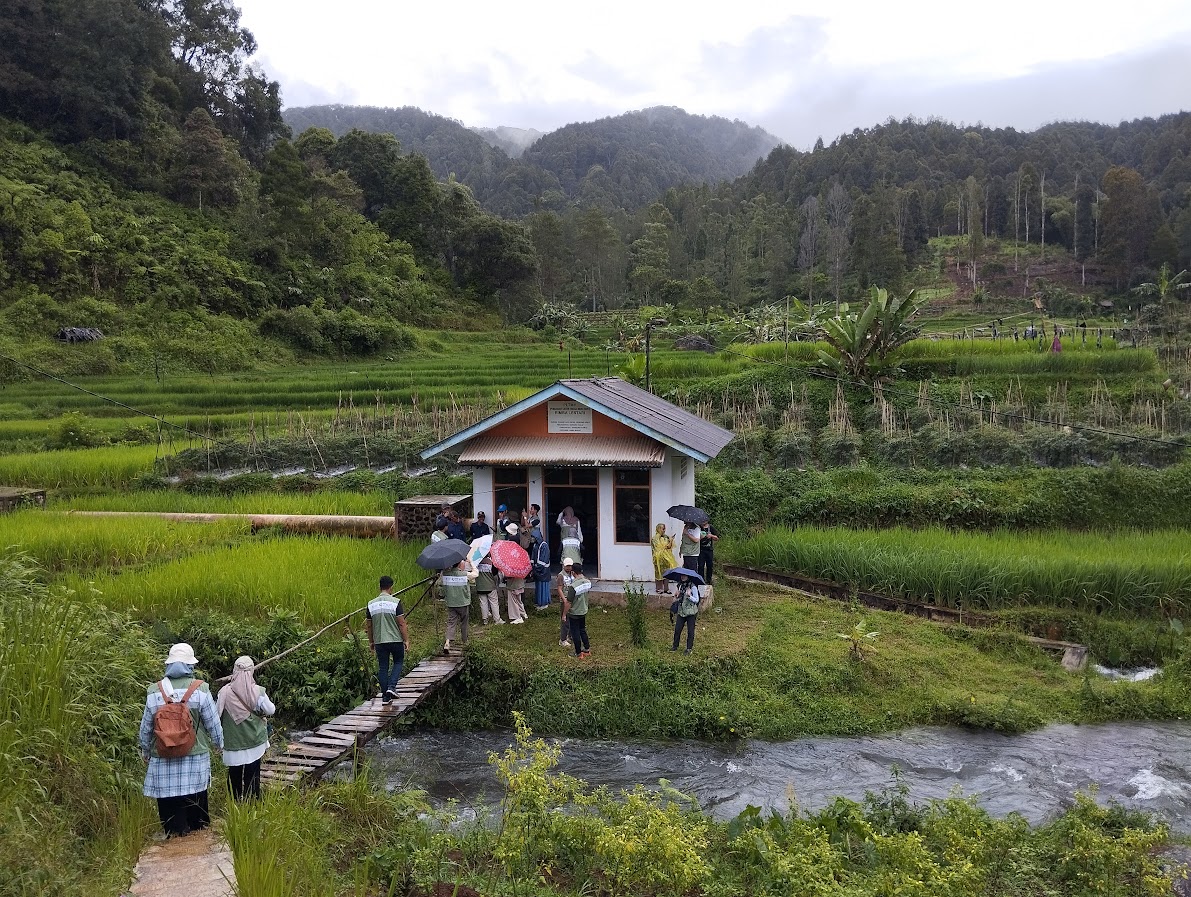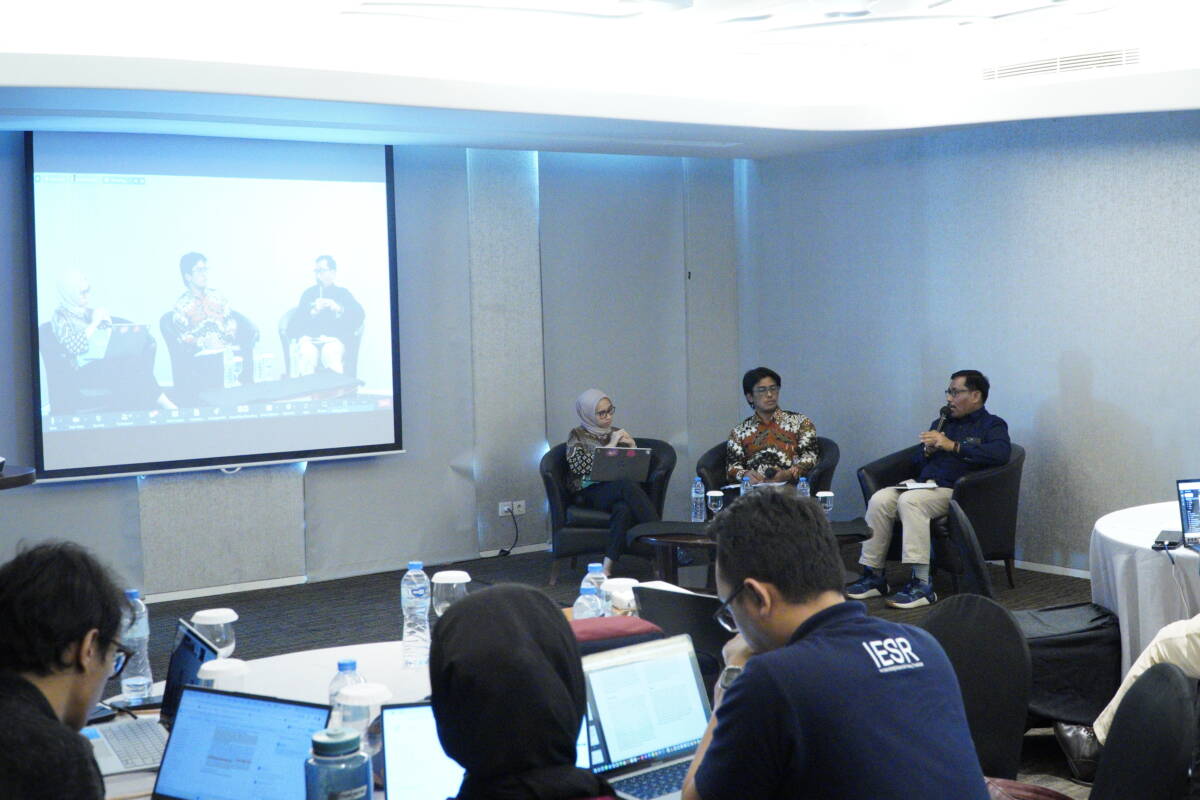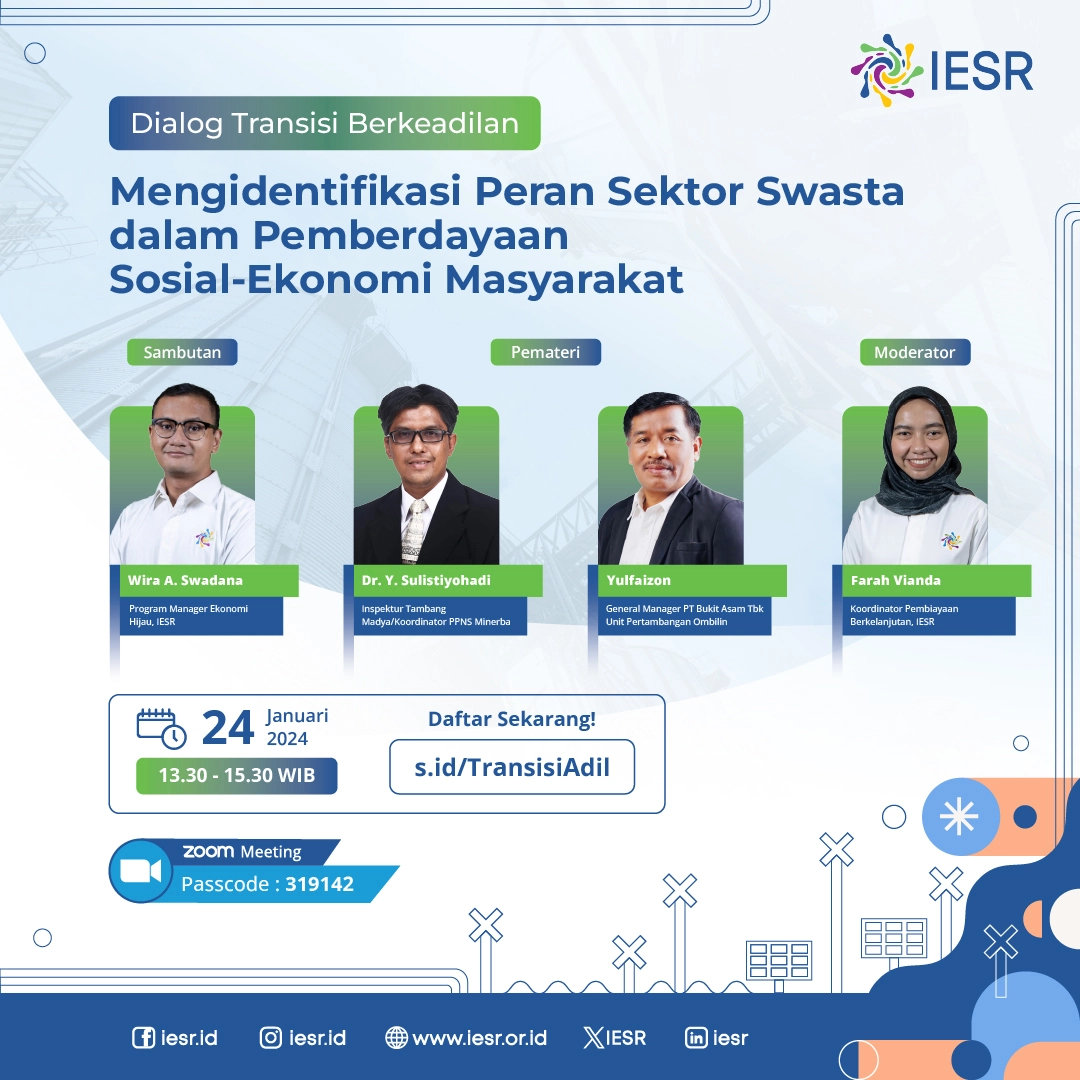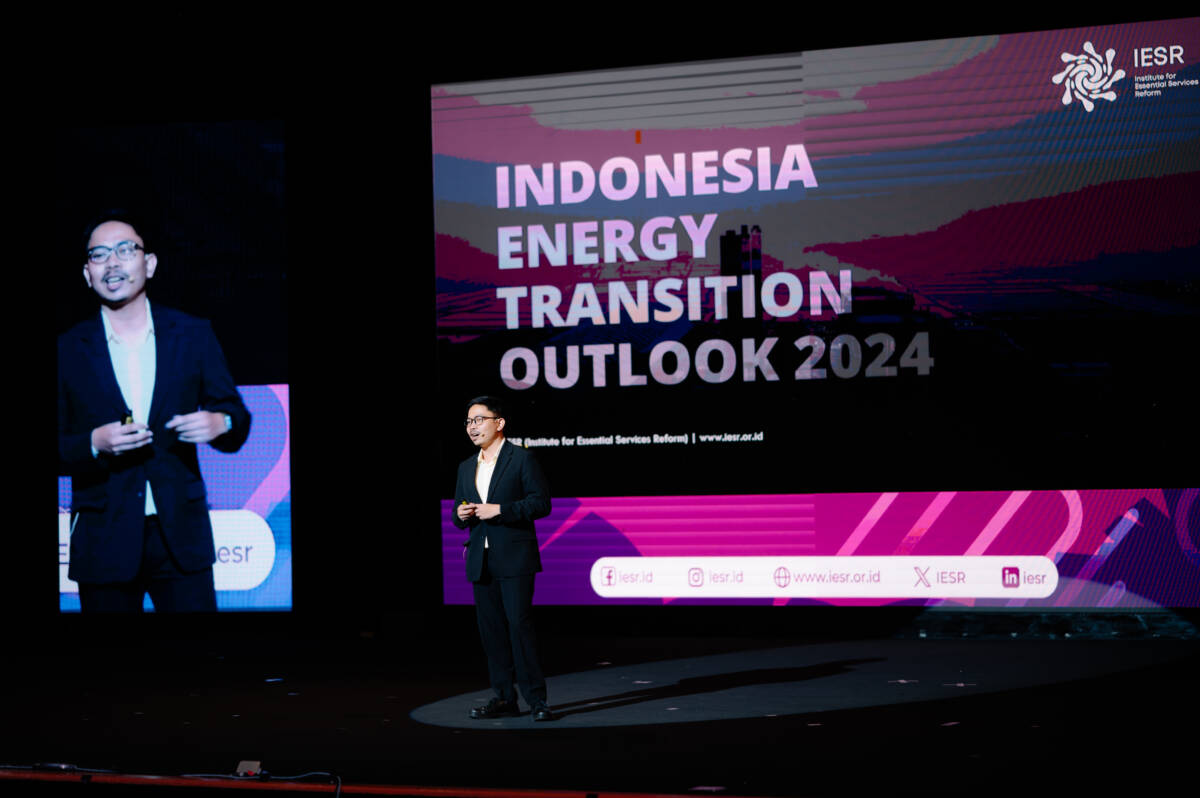Background
As one of the largest coal consuming and producing countries, Indonesia is ranked 6th as a global greenhouse gas emitter with a share of 3.11% of total global emissions (Climatewatch, 2024). In 2020 alone, the energy sector became the largest contributor to emissions, following the forestry and land sectors that have almost always dominated…
